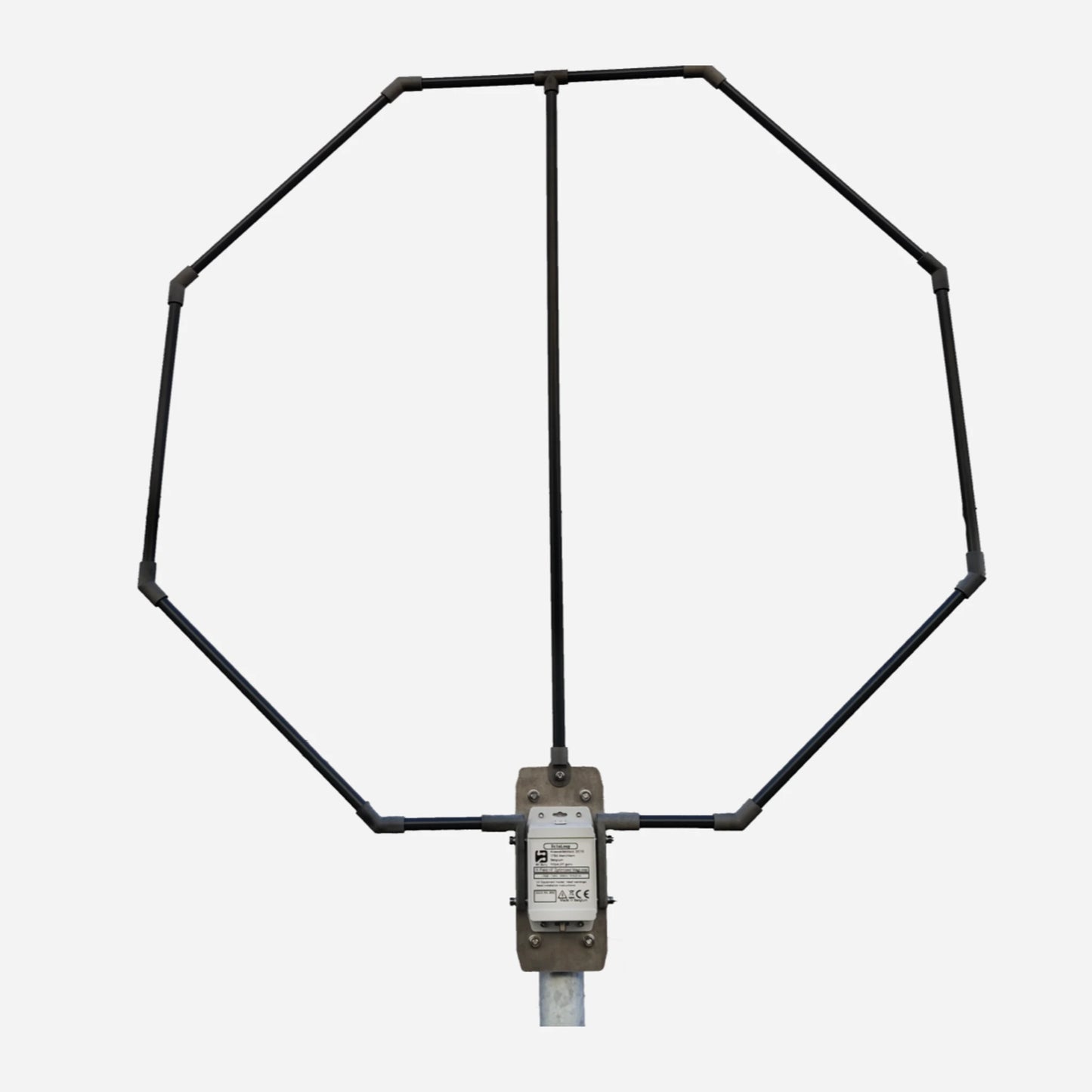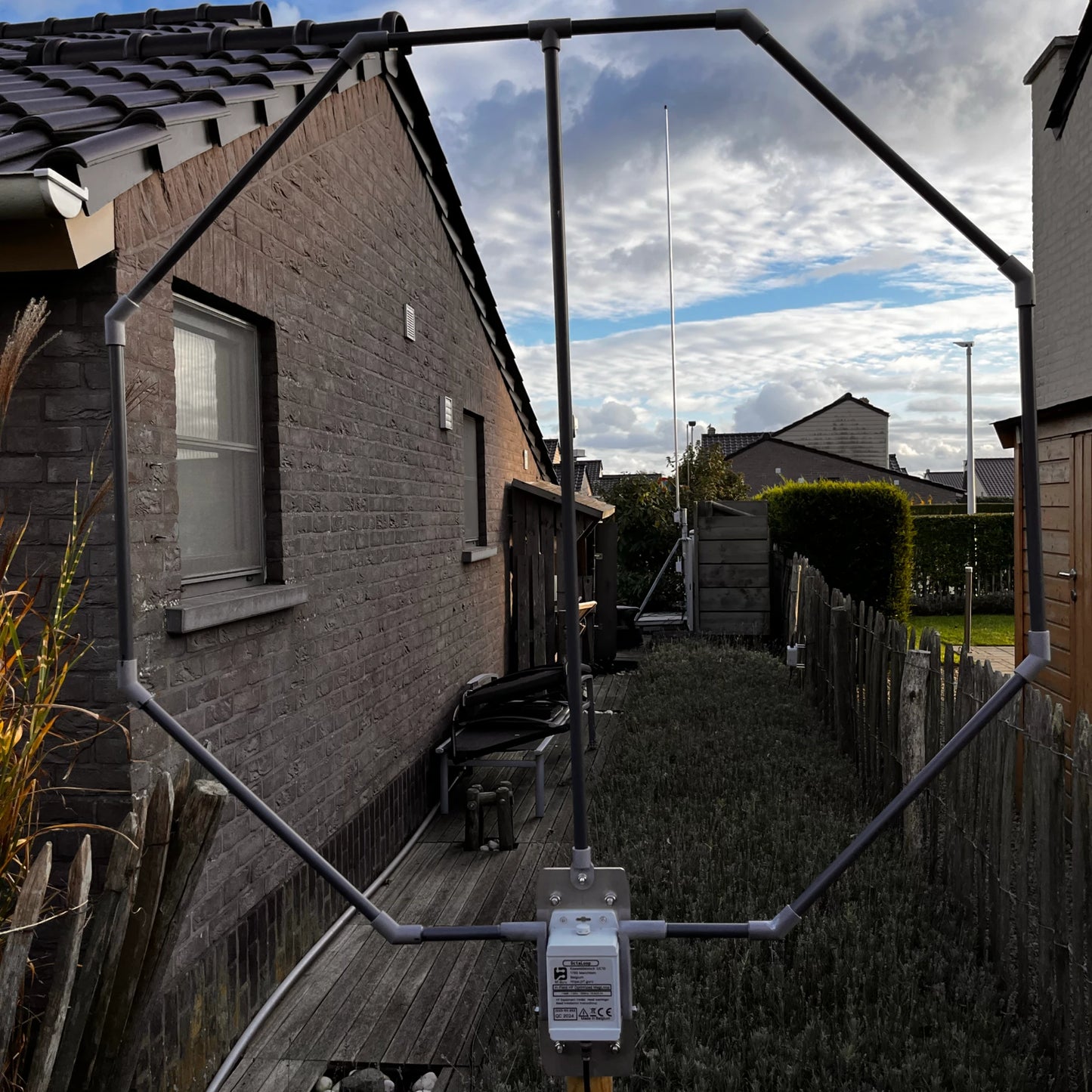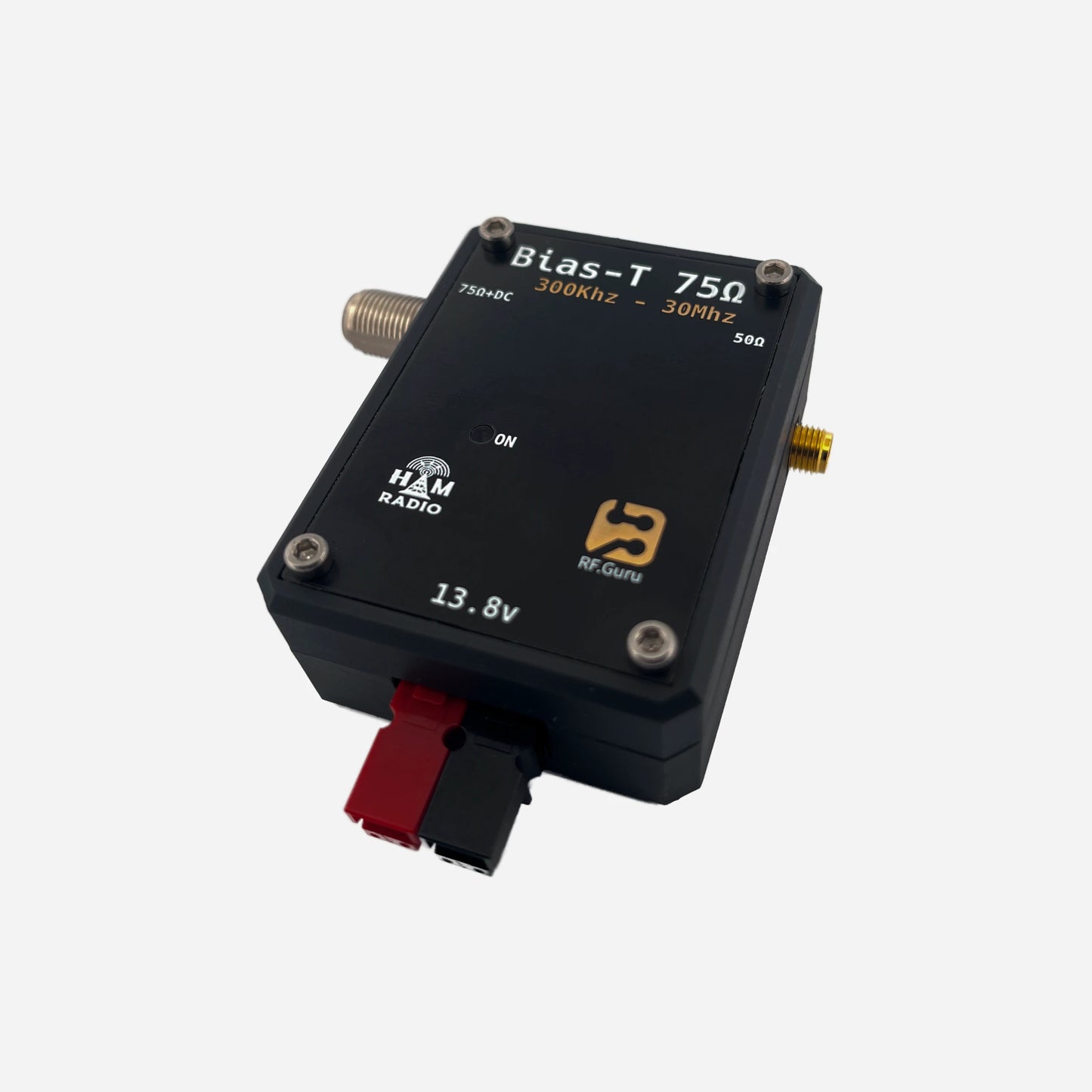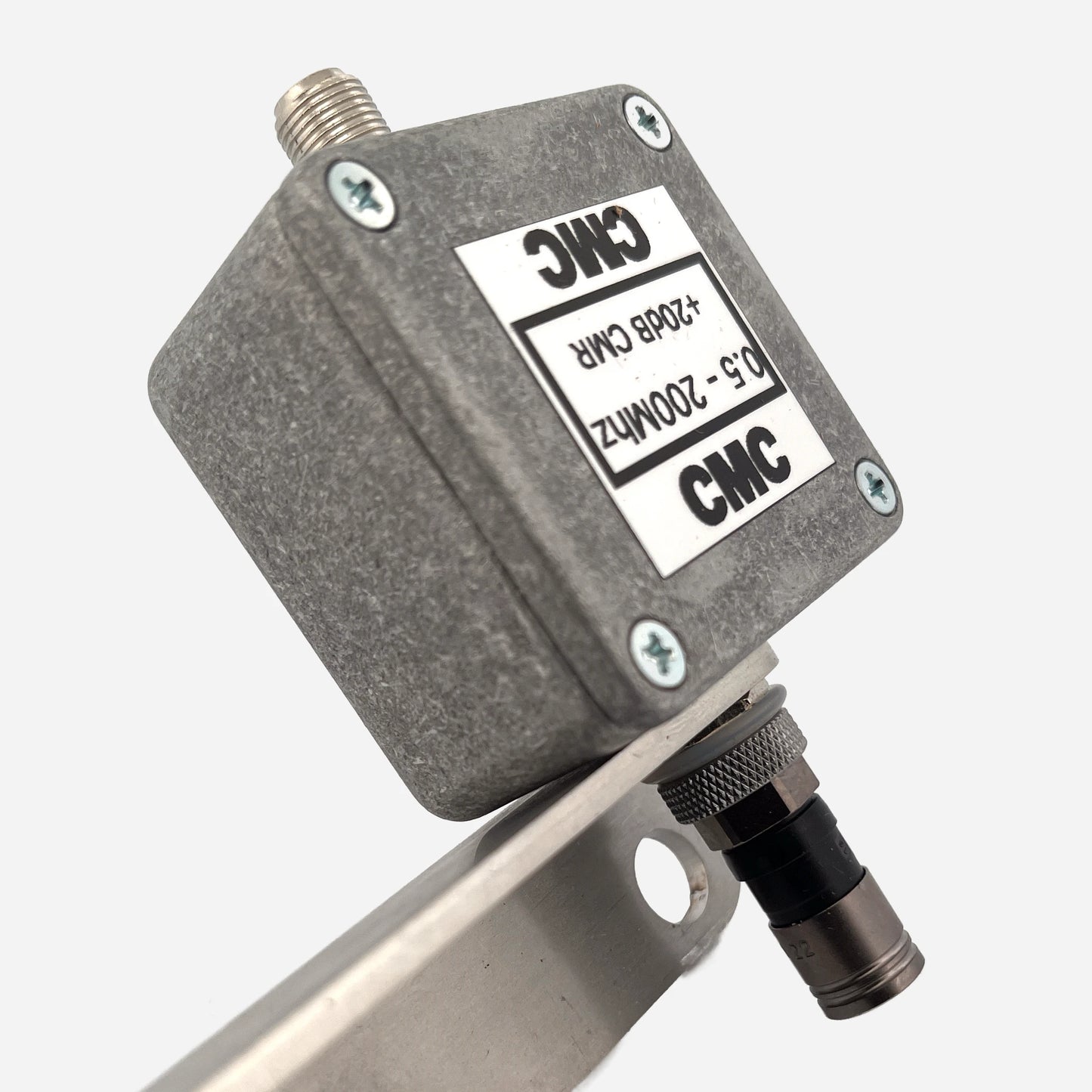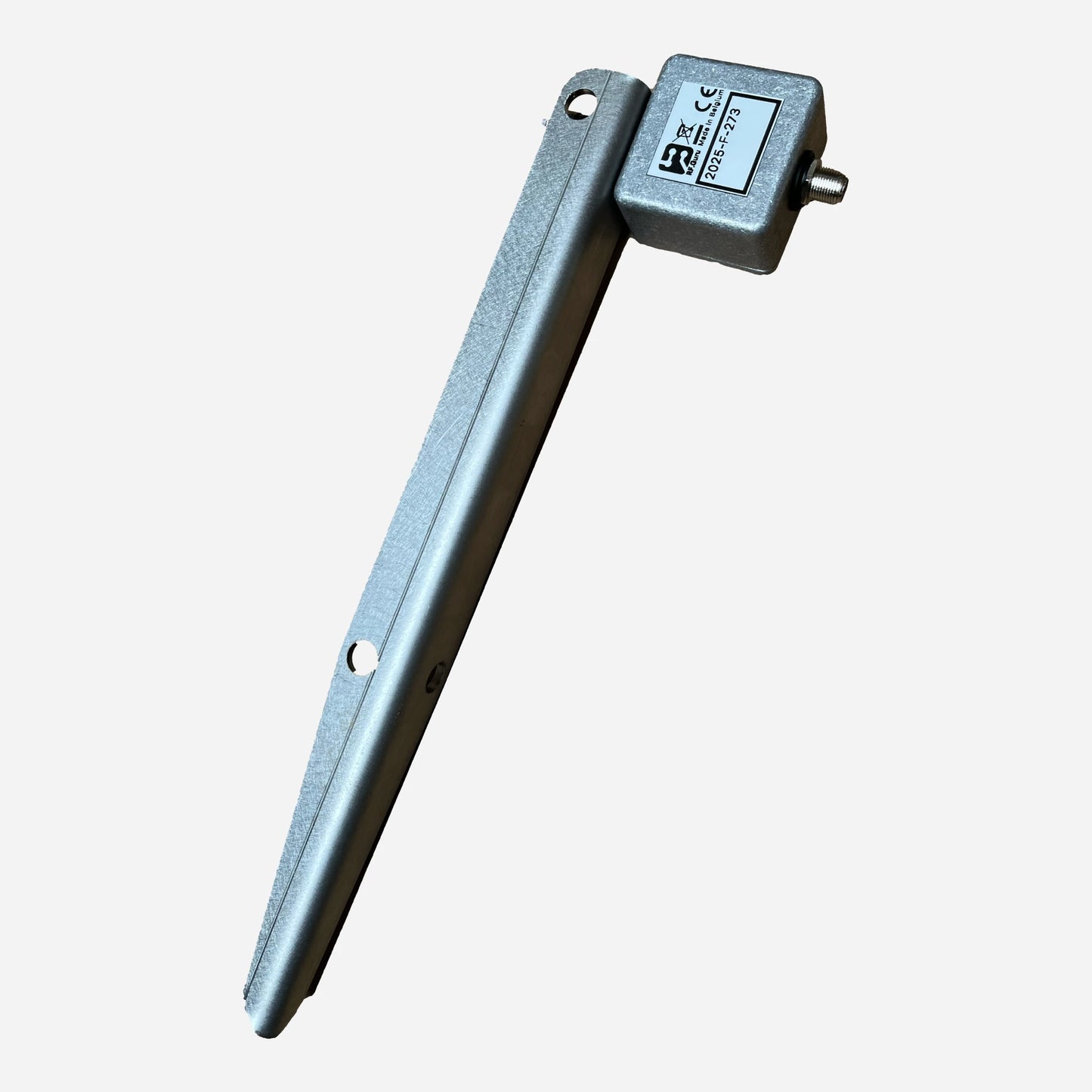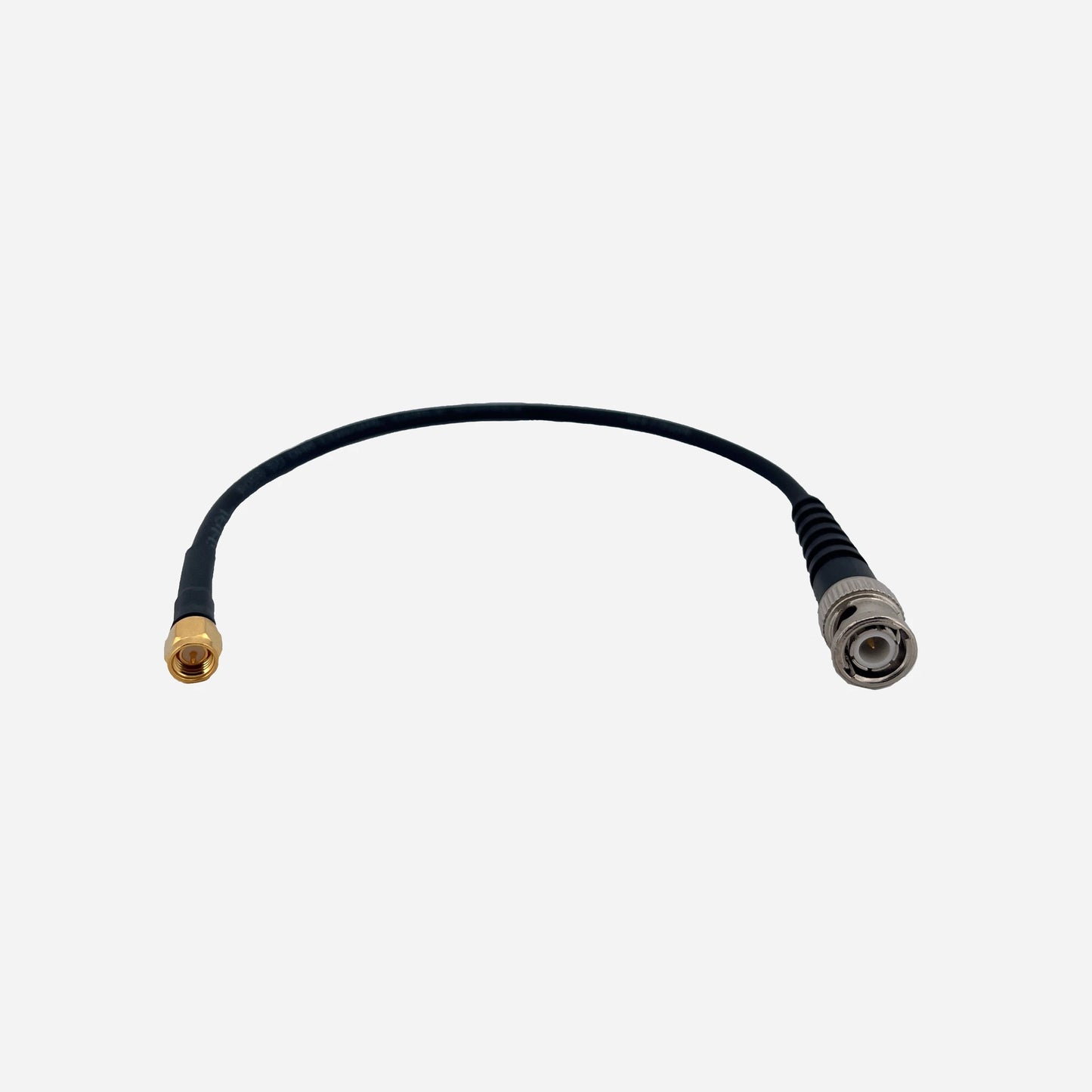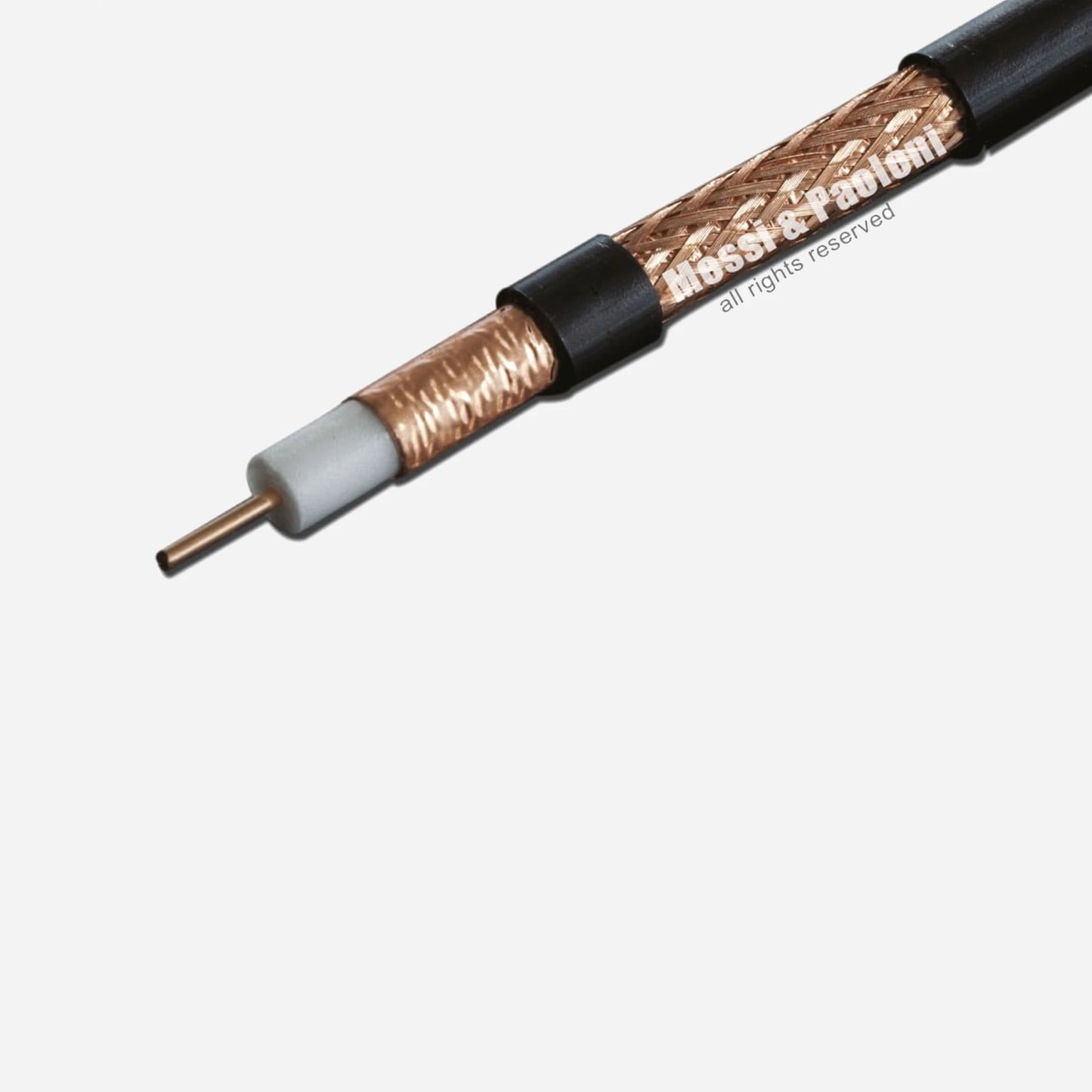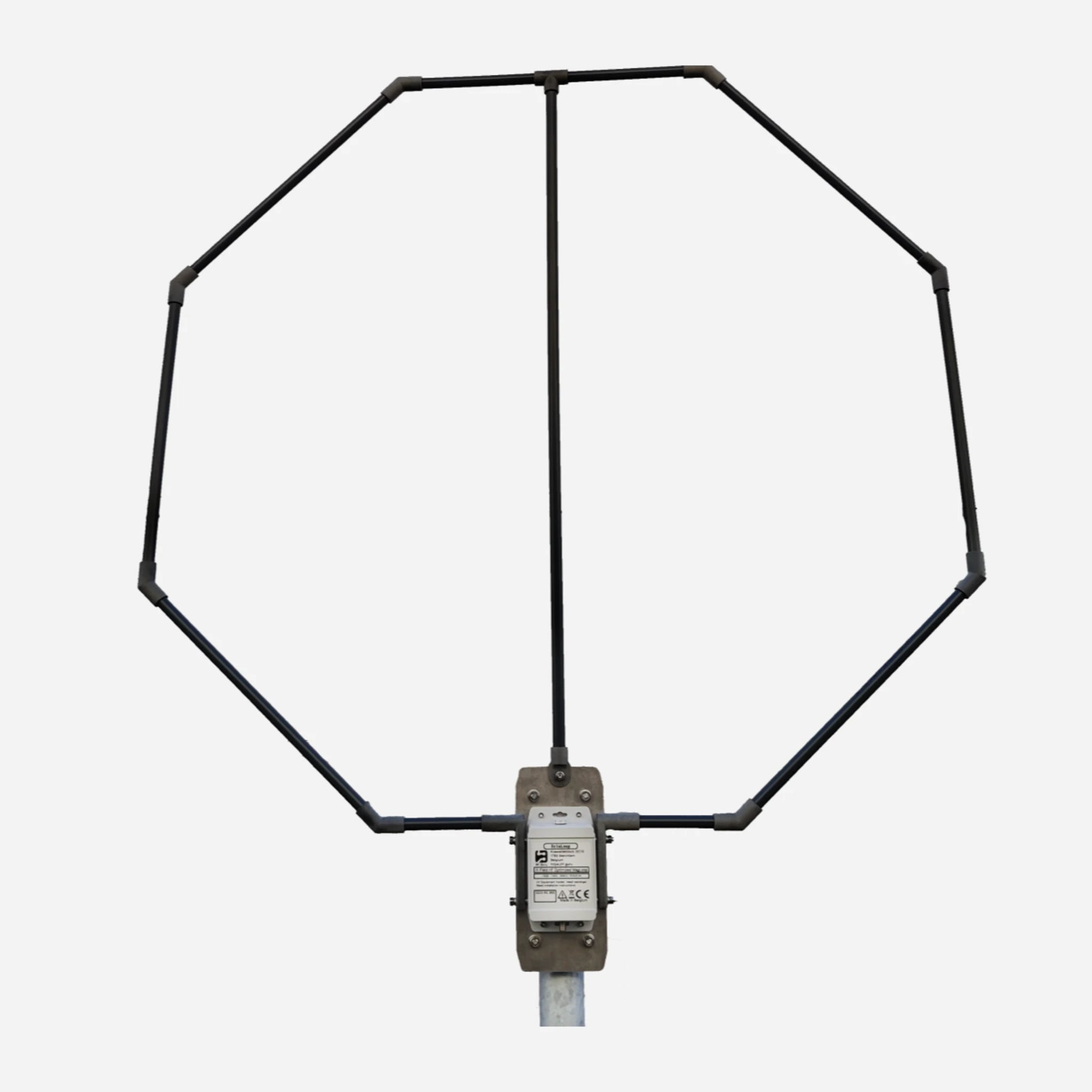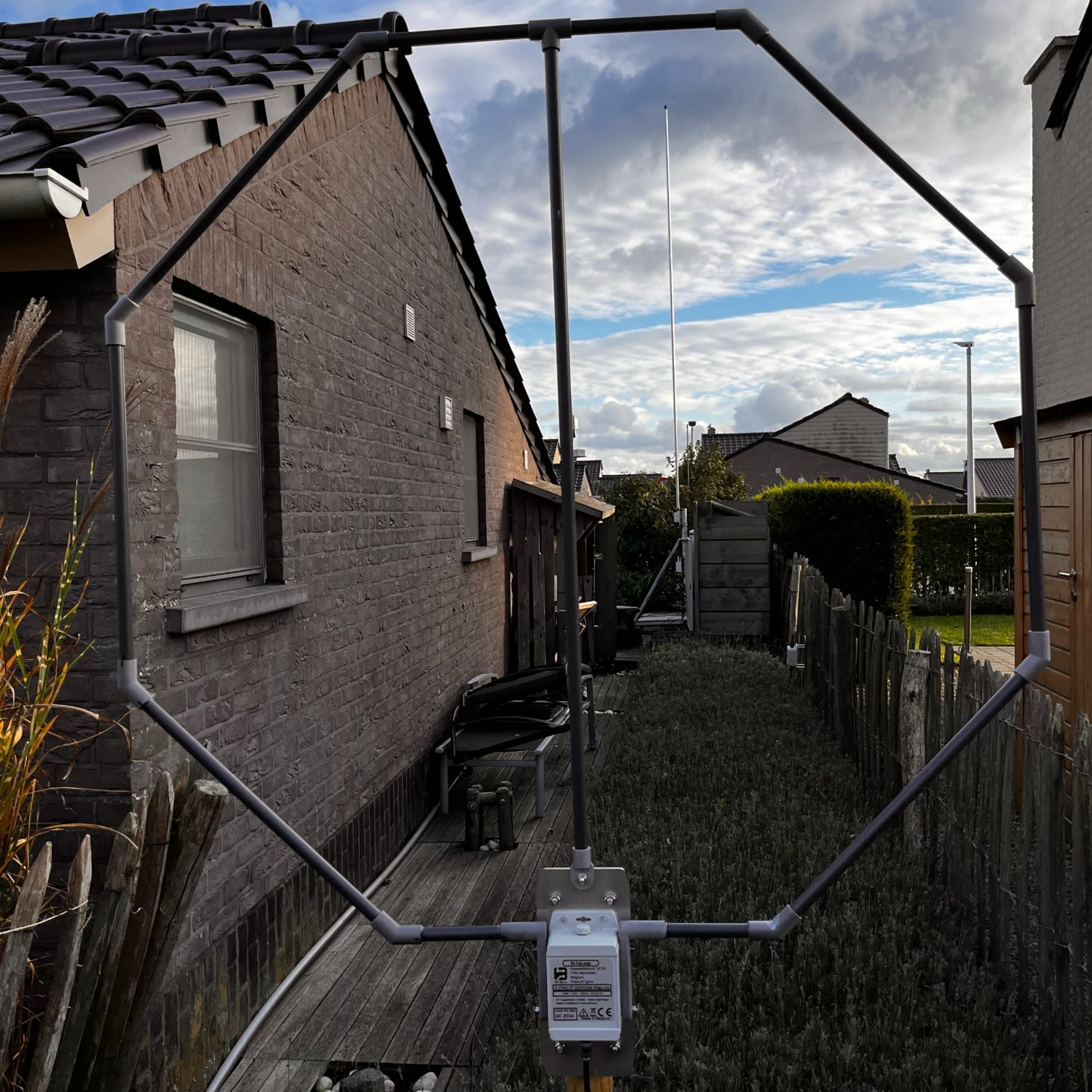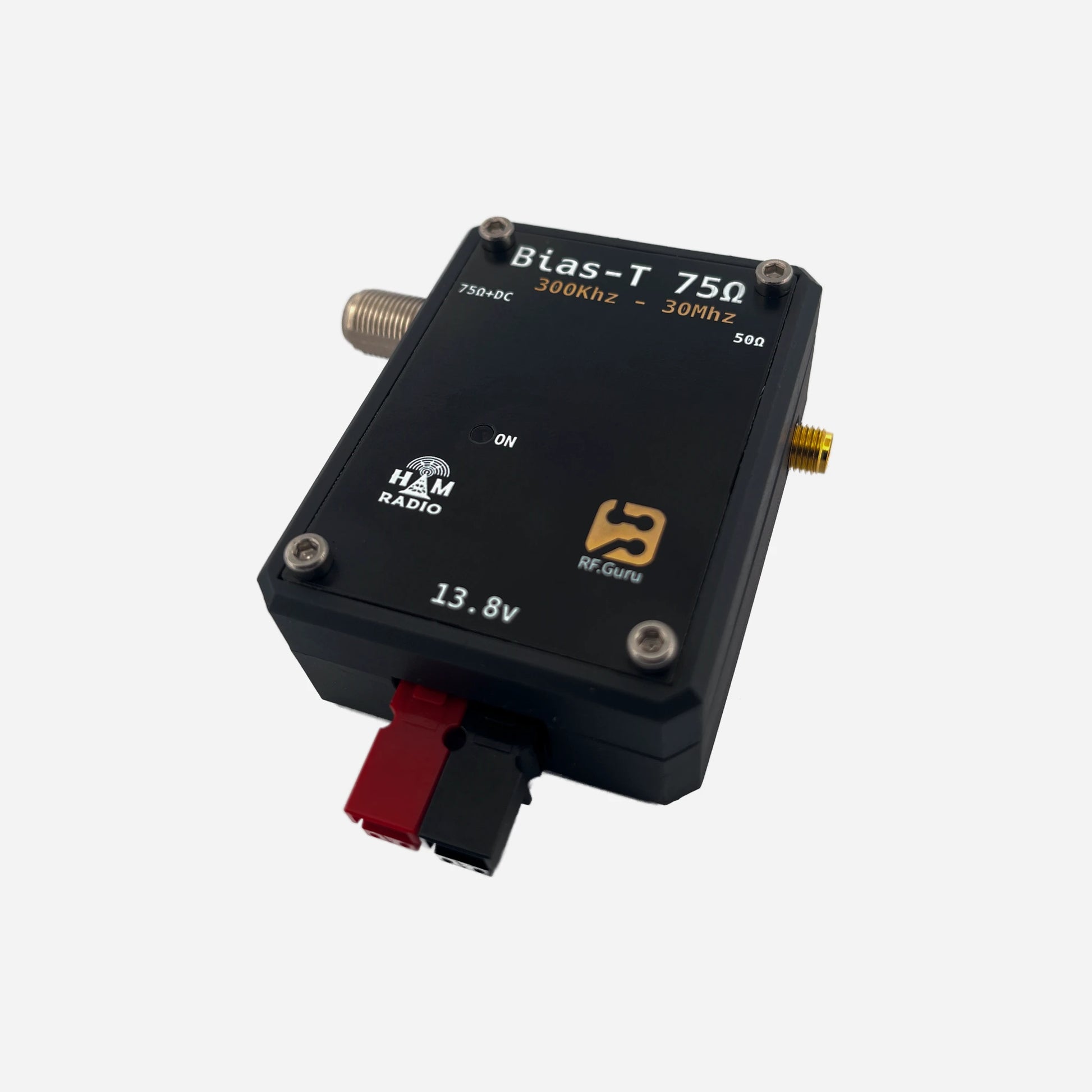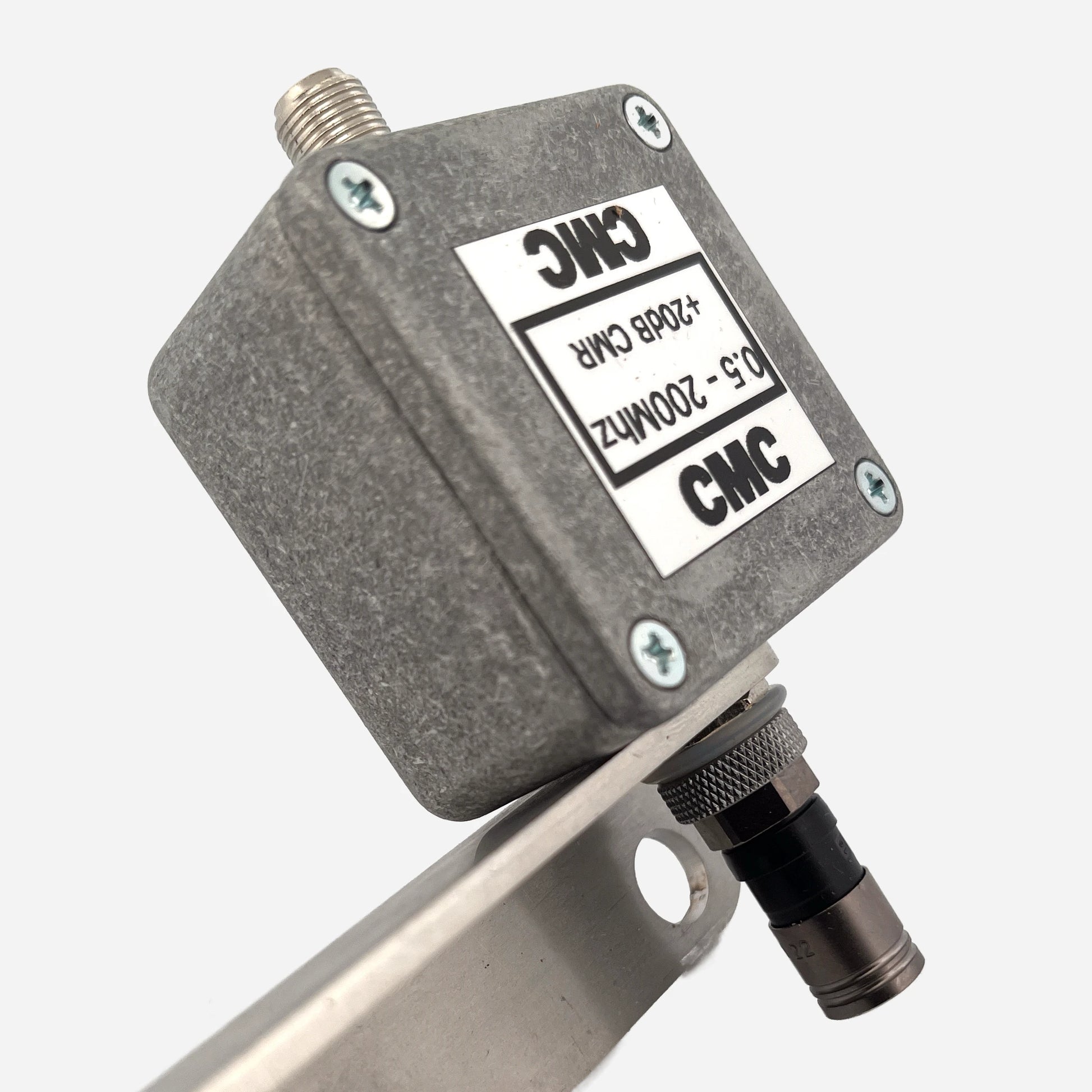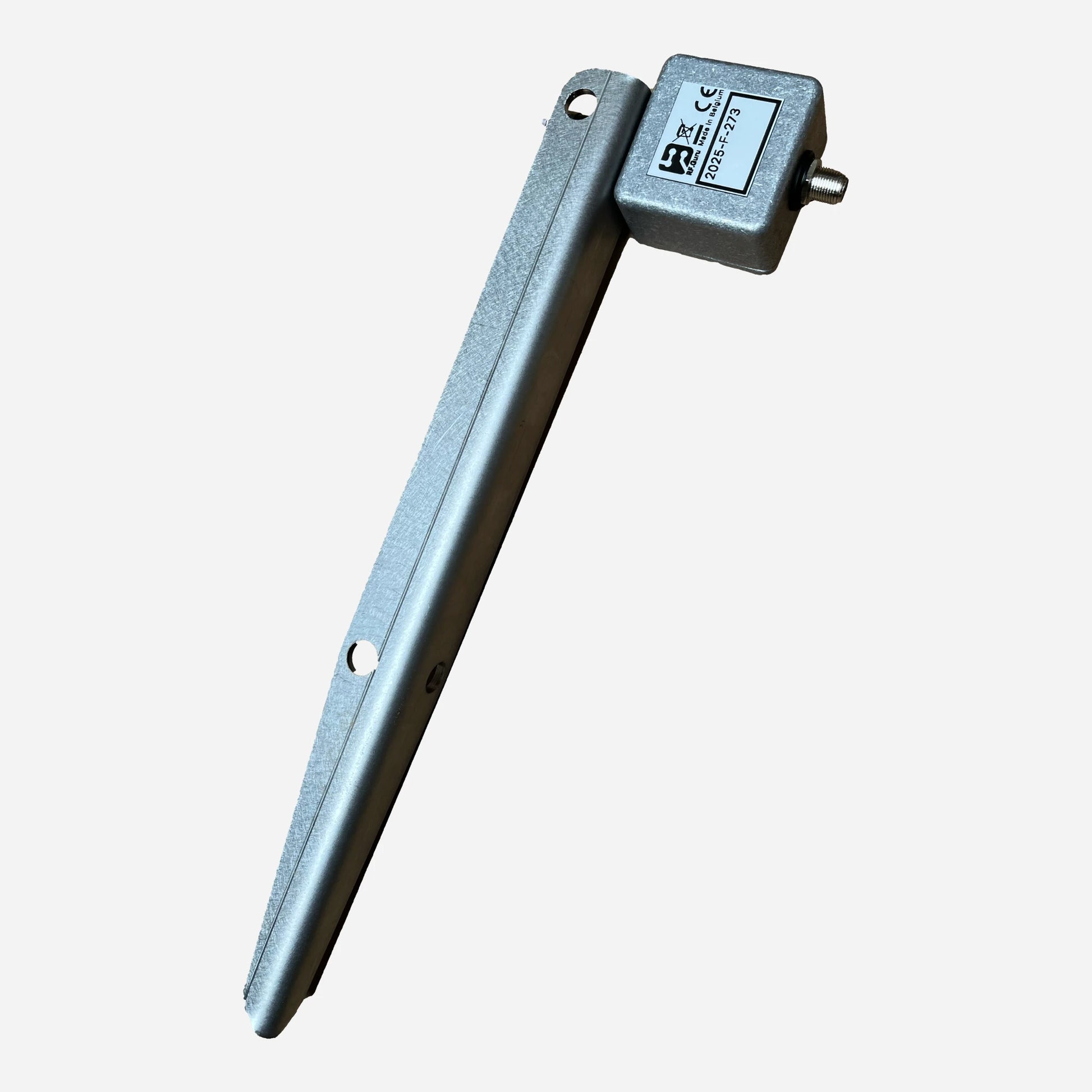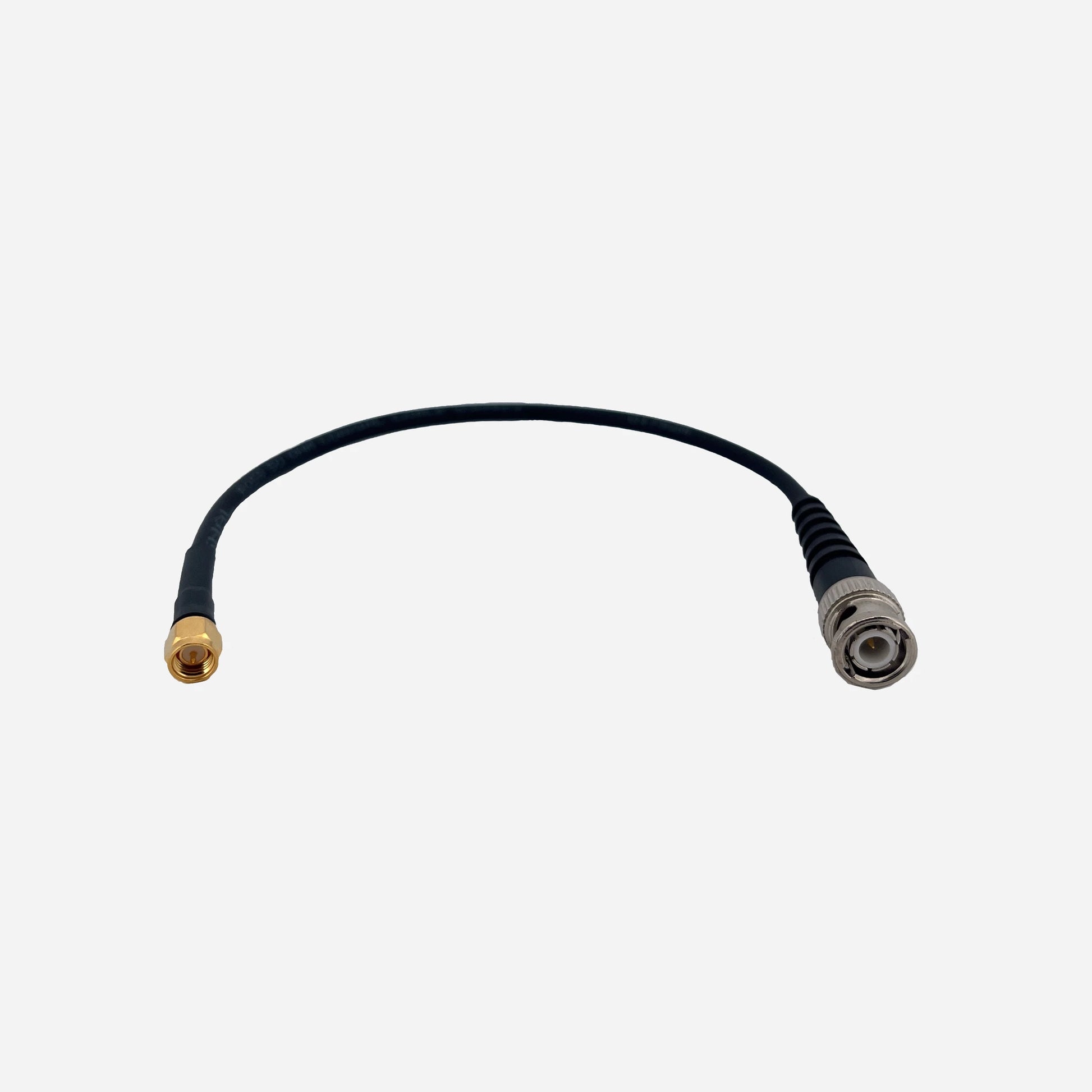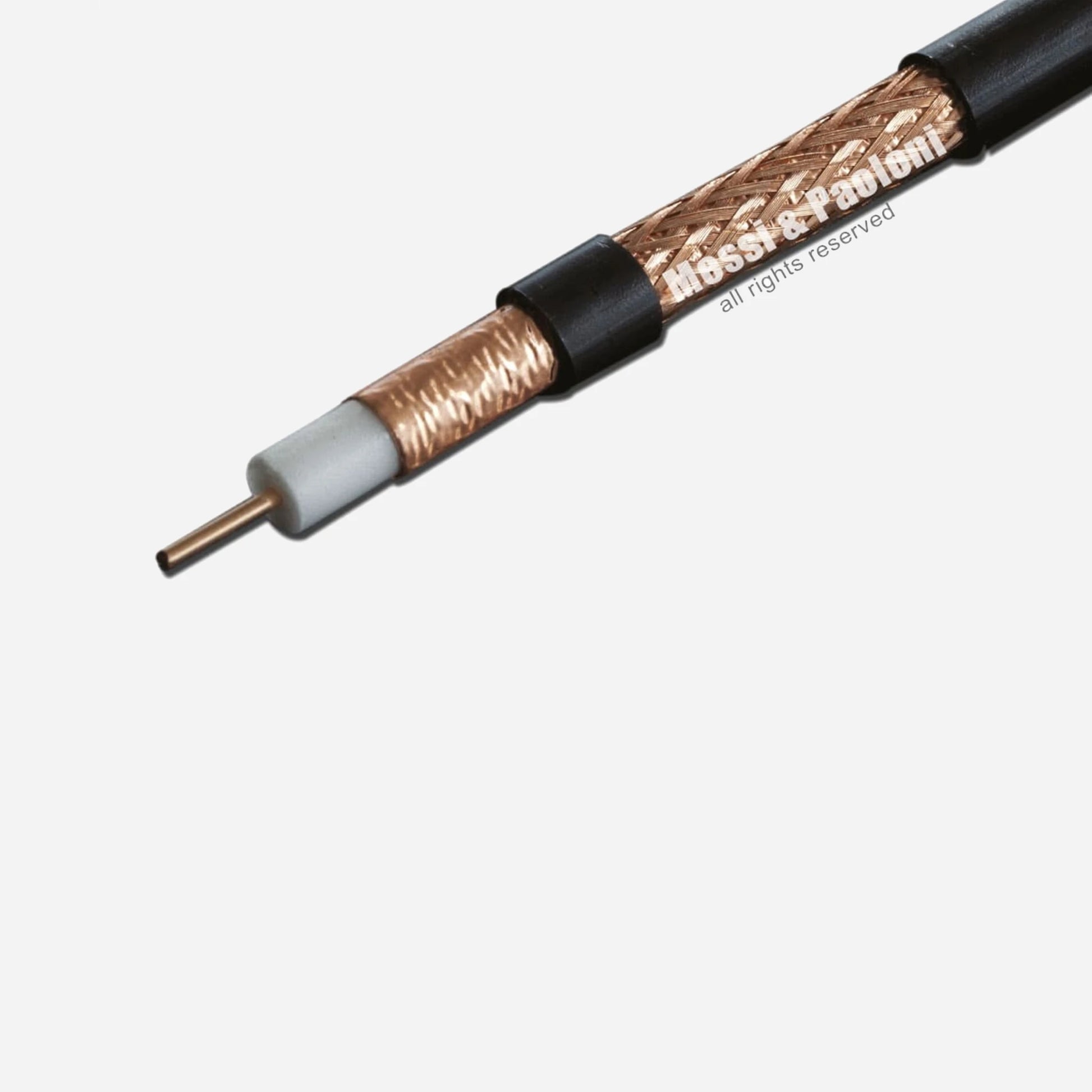1
/
of
7
RF Guru
OctaLoop2 — A shielded active H-field Loop antenna — 500KHz – 30 MHz
OctaLoop2 — A shielded active H-field Loop antenna — 500KHz – 30 MHz
Regular price
€258,00 EUR
Regular price
Sale price
€258,00 EUR
Unit price
/
per
Tax included.
Couldn't load pickup availability
Free Service
If you order coax cables together with connectors, we will crimp the connectors for free before shipping.
If you order coax cables together with connectors, we will crimp the connectors for free before shipping.
Disclaimer — All our products are handmade, and fulfilment times may vary depending on order volume. Please allow 2–3 weeks for your order to be completed and shipped.
Listen to our SDRs
Hear OctaLoop2 and our other antennas live on remote SDRs.
Related reading
Height vs. Performance: Optimizing the OctaLoop2 Active Magnetic Loop Antenna
Do you need a rotor? Understanding the Null of a Shielded Active H-Field Loop Antenna
Why an OctaLoop2 is Superior to a Square or Circular Loop Antenna
Comparison of Active RX Antennas
The Truth About Low Noise Figures
Clever Phasing — Why We Chose These Arrays
Why Most RX Antennas Excel at DX
Height vs. Performance: Optimizing the OctaLoop2 Active Magnetic Loop Antenna
Do you need a rotor? Understanding the Null of a Shielded Active H-Field Loop Antenna
Why an OctaLoop2 is Superior to a Square or Circular Loop Antenna
Comparison of Active RX Antennas
The Truth About Low Noise Figures
Clever Phasing — Why We Chose These Arrays
Why Most RX Antennas Excel at DX
Included
- OctaLoop2 Antenna (3.65 m circumference)
- Stainless Steel (RVS316) Mounting Bracket
- Bias-T 13.8 V F-Type to SMA
- Short SMA to BNC Cable
Optional
RVS Ground Peg with F connector bulkhead and RX RF Line Isolator
10 m INTSAT-170-ELITE 75 Ω coaxial cable with F-type connectors
RVS Ground Peg with F connector bulkhead and RX RF Line Isolator
10 m INTSAT-170-ELITE 75 Ω coaxial cable with F-type connectors
Product Description
The OctaLoop2 is a high-performance HF active shielded H-field magnetic loop antenna, engineered for exceptional low-noise reception. Its shielded loop and integrated common-mode rejection provide superior EMI suppression for SWL, DXing, and SDR use.
With an IIP3 of +41 dBm (push-pull design) the OctaLoop2 delivers excellent dynamic range. Covering 500 kHz – 50 MHz (optimized for 2–10 MHz), it’s ideal for MW, LF, and lower HF monitoring.
Placement Recommendations
- Mount 1.2–5 m above ground for balance of SNR and signal strength
- Keep well clear of buildings, power lines, and EMI sources
- If feedline exceeds 10 m, add a CMR choke midway
- Ground the coaxial braid at the mast base via an RVS peg
Deep Nulls for Noise Rejection
- Deep nulls appear broadside to the loop plane
- Highly effective at rejecting local noise sources (power lines, appliances)
- Nulls strongest in MW and lower HF bands
Polarization & Take-Off Angle
- Magnetic-field reception — less sensitive to local electrical noise
- Polarization: predominantly magnetic coupling, less multipath distortion
- Take-off angle: typically low-angle at LF/MF — excellent for groundwave and DX
Handling Different Signal Types
- MW AM broadcast — excellent clarity
- CW & SSB — high SNR
- Weak DX — effective on 160/80/40 m
- Utility signals — NAVTEX, time signals, propagation beacons
Frequency Range & Performance
| Frequency Range | Performance Expectation |
|---|---|
| 500 kHz – 2 MHz | Very Good for MW broadcast, NAVTEX, maritime comms |
| 2 MHz – 10 MHz | Excellent for HF bands (160/80/40 m) and SWL |
| 10 MHz – 30 MHz | Effective, but reduced null depth and efficiency |
Performance by Band
Mid HF (2–10 MHz)
- Peak performance range
- Covers 160 m, 80 m, 40 m
- Strong nulls for QRM rejection
Upper HF (10–30 MHz)
- Efficiency drops gradually
- Nulls less deep but still effective
- Good for 20 m, 15 m, 10 m SWL and utilities
Technical Specifications
| Parameter | Specification |
|---|---|
| Frequency Range |
500 kHz – 50 MHz Optimized for 2–10 MHz. In this range, the OctaLoop2 provides its best null depth and lowest noise floor, making it especially effective for MW, 160 m, 80 m, and 40 m reception. Above 10 MHz, the antenna remains usable up to ~50 MHz, but overall efficiency decreases and the nulls become shallower. For higher HF bands (20 m–10 m), we recommend the OctaLoop Mini, which is specifically tuned and optimized for 1–30 MHz coverage with better balance on 40–10 m. |
| IIP3 | +41 dBm |
| Impedance | 75 Ω |
| Power Supply | 13.8 V DC, ~180 mA |
| Polarization | Horizontal |
| Connection | F-Connector RF, SMA output |
| Antenna Size | 1.2 m diameter, 3.65 m circumference |
| Weight | ~1.2 kg |
| Temperature | -20 °C to +50 °C |
| Pole Mount | 30–68 mm |
Scope of Delivery
- OctaLoop2 Antenna with enclosure and RVS316 mounting bracket
- Bias-T power injector
- 10 m INTSAT-170-ELITE 75 Ω coaxial cable with F-type connectors
- SMA-to-BNC adapter cable
Upgrade your HF reception with the OctaLoop2 — engineered for precision, built for performance.
Mini-FAQ
- What bands is the OctaLoop2 best for? 160 m, 80 m, 40 m are the sweet spot, but coverage spans 0.5–50 MHz.
- Does it need grounding? Yes, ground the braid at the mast base with an RVS peg for lowest noise.
- Can it be used indoors? Yes, but null depth and noise rejection are reduced compared to outdoor placement.
- Do I need a rotor? No, but rotation allows you to null specific noise sources. See our “Null” article for details.
Share
